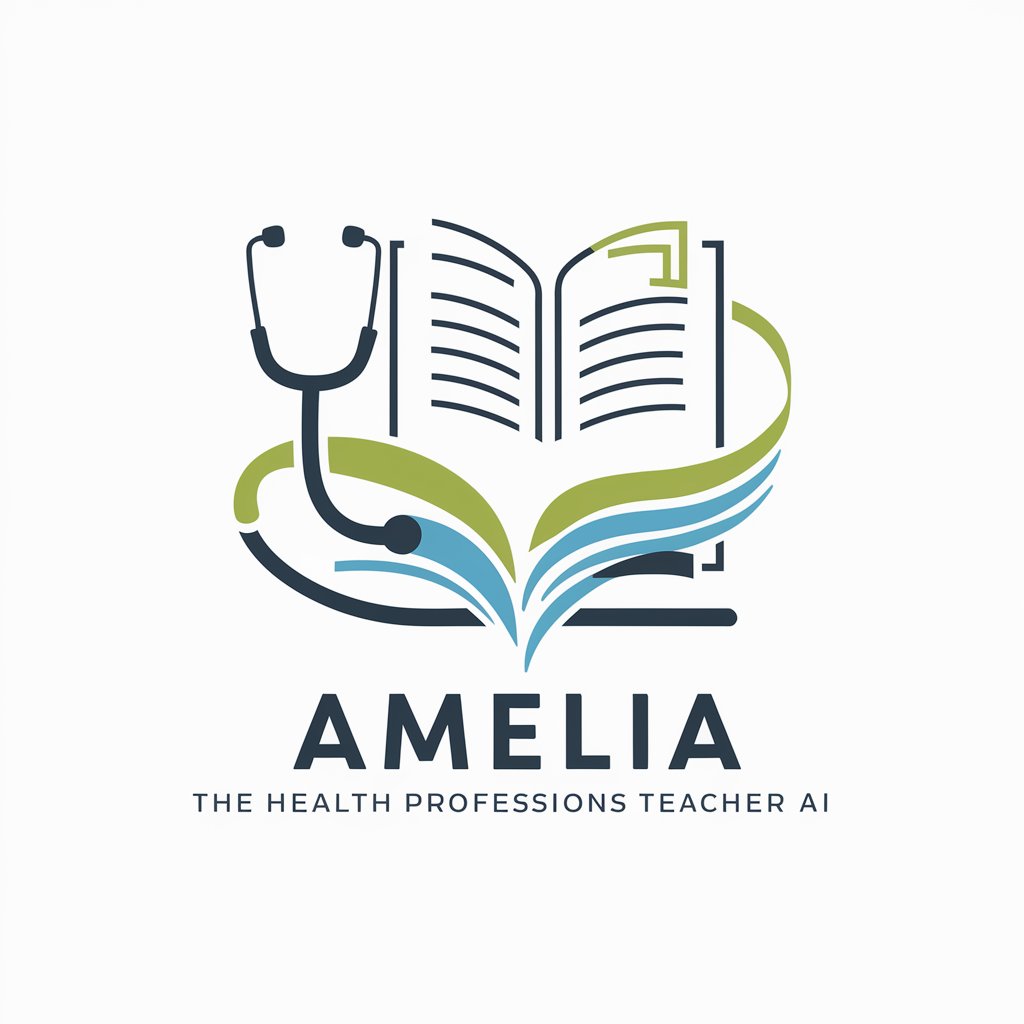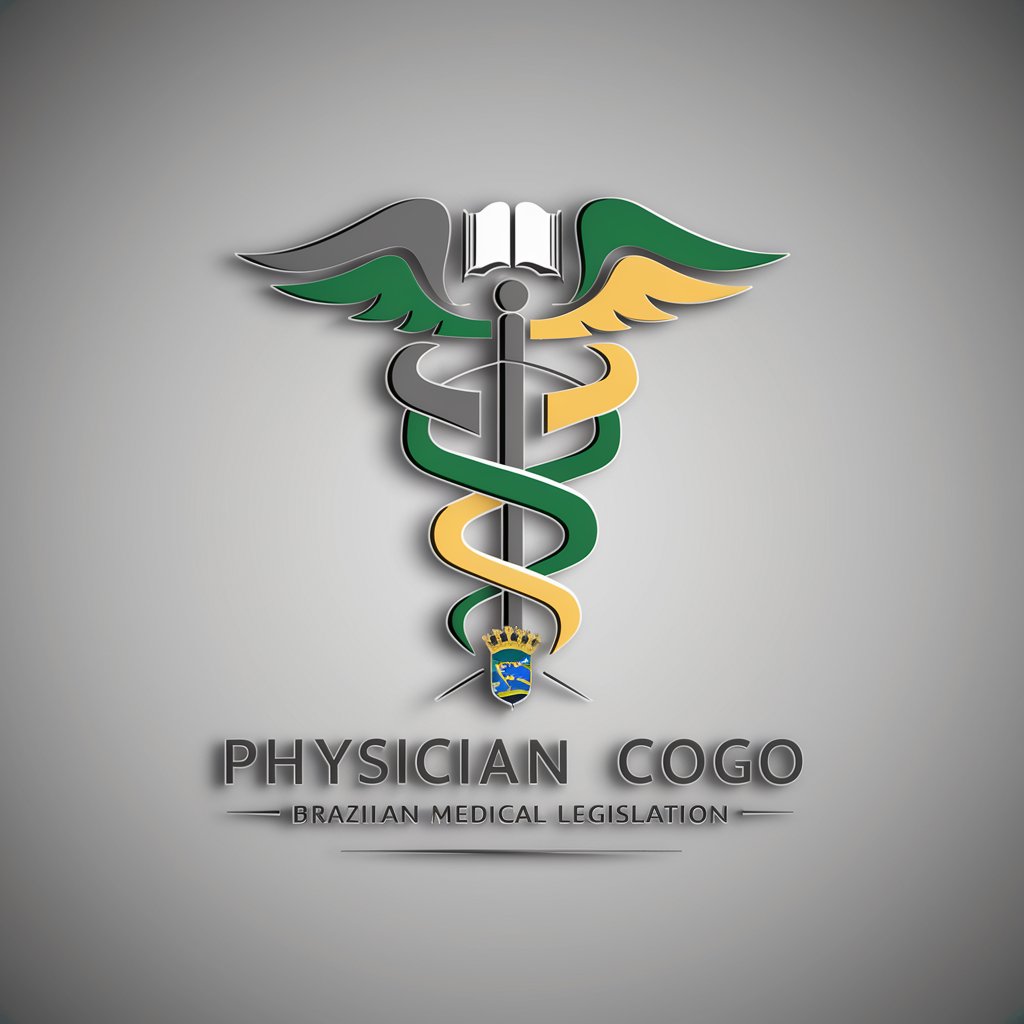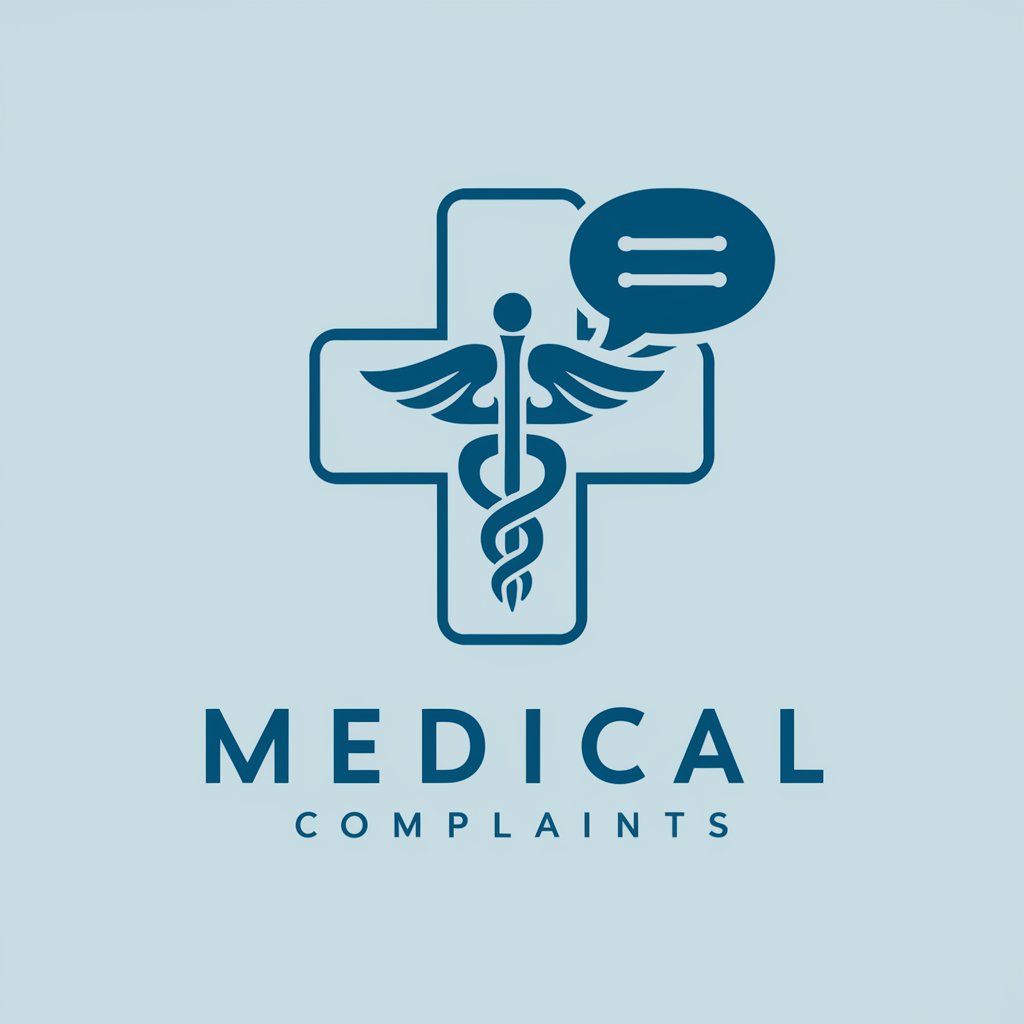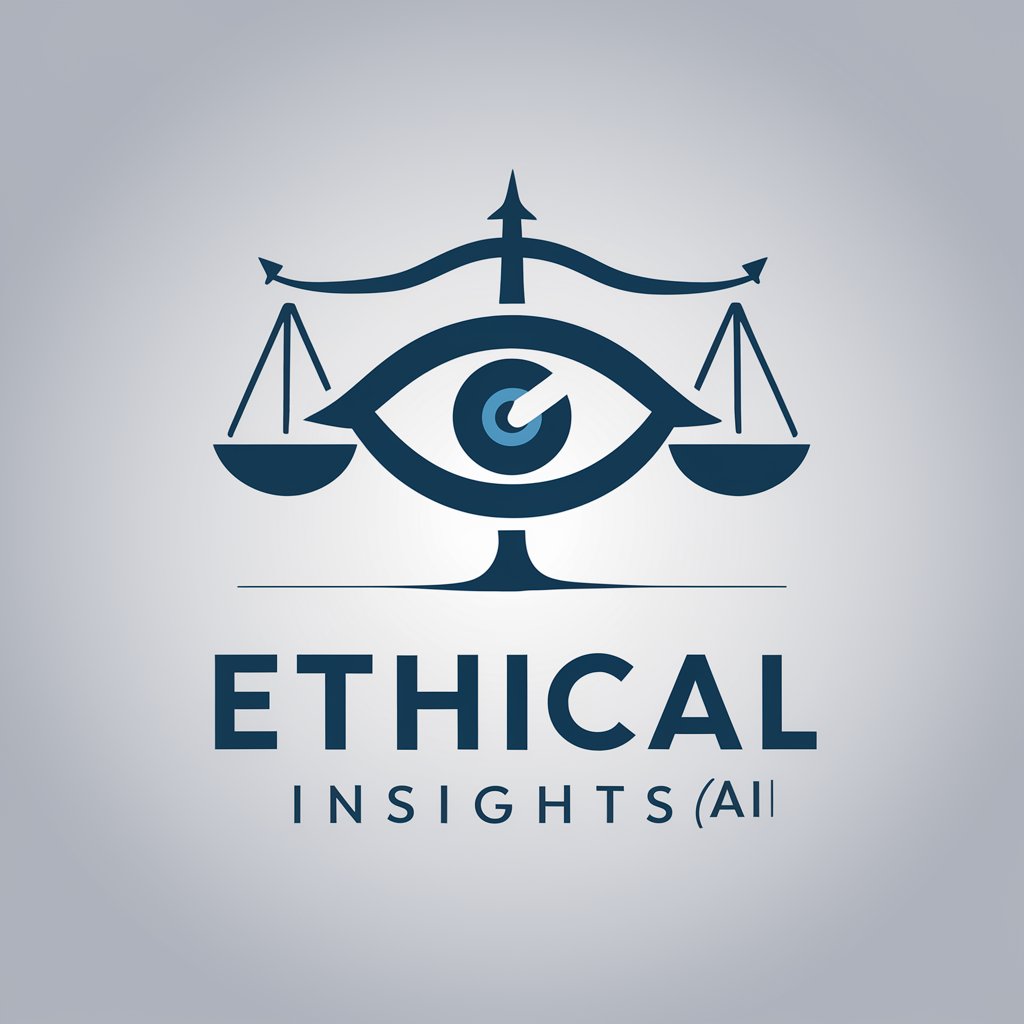8 GPTs for Medical Ethics Powered by AI for Free of 2025
AI GPTs for Medical Ethics refer to advanced artificial intelligence tools, specifically Generative Pre-trained Transformers, that are optimized for tasks and topics related to medical ethics. These tools are designed to understand and interact with complex ethical issues in healthcare, providing tailored solutions for analysis, decision-making, and educational purposes. Their role in medical ethics is to aid in navigating the nuanced and sensitive nature of ethical dilemmas in medicine, ensuring informed and ethical decision-making.
Top 8 GPTs for Medical Ethics are: 医療事故アドバイザー,Medical Industry Customer Service,Guardian of Passage,Mayo Wisdom,HPE-Bot,Conselheiro CFM,Medical Complaints,Ethical Insights
医療事故アドバイザー
AI-Powered Medical Accident Advisor

Medical Industry Customer Service
Empowering healthcare decisions with AI

Guardian of Passage
Empathetic Insight into Life's Final Journey

Mayo Wisdom
Empowering medical wisdom with AI

HPE-Bot
Empowering Future Health Professionals with AI

Conselheiro CFM
Empowering healthcare decisions with AI.

Medical Complaints
Empowering Your Medical Complaints with AI

Ethical Insights
Navigating Complex Decisions with AI

Key Attributes of AI GPTs in Medical Ethics
AI GPTs for Medical Ethics are distinguished by their adaptability and comprehensive understanding of ethical principles in healthcare. They offer a wide range of capabilities, from basic query responses to complex ethical analysis, making them versatile in addressing diverse scenarios in medical ethics. Key features include natural language processing, ethical dilemma analysis, scenario simulation, and personalized feedback. Additionally, these tools may possess web search capabilities, image creation for illustrative purposes, and data analysis features to support ethical decision-making.
Primary Beneficiaries of Medical Ethics AI Tools
The AI GPTs for Medical Ethics cater to a broad audience, including healthcare professionals, medical students, ethics committee members, and even individuals with a general interest in medical ethics. These tools are user-friendly for those without programming skills, offering intuitive interfaces and guided assistance. Simultaneously, they offer advanced customization options for developers and professionals with technical expertise, allowing them to tailor the tool's functionality to specific ethical scenarios or educational objectives.
Try Our other AI GPTs tools for Free
Sports Strategy
Elevate your game with AI GPTs for Sports Strategy. Harness data-driven insights for superior decision-making and strategic advantage.
Learning Tools
Discover how AI GPTs are transforming learning with personalized, interactive tools designed to enhance educational experiences for students and educators alike.
Tool Optimization
Discover how AI GPTs for Tool Optimization can transform your operational processes with advanced AI capabilities, from automation to complex problem-solving, tailored to your needs.
Scientific Information
Discover how AI GPTs for Scientific Information are revolutionizing research and education, making scientific discovery more accessible and efficient for everyone involved.
Project Scaffolding
Discover how AI GPTs for Project Scaffolding can transform your project setup and management, offering tailored, efficient, and automated solutions for developers and project managers alike.
Cosmos Ecosystem
Discover how AI GPTs for the Cosmos Ecosystem leverage advanced AI to streamline blockchain workflows, foster innovation, and offer tailored solutions for both novices and professionals in the field.
Expanding the Horizons with AI in Medical Ethics
AI GPTs for Medical Ethics revolutionize how ethical dilemmas are approached in healthcare. Their user-friendly interfaces make advanced ethical analysis accessible to a wider audience, while their integration capabilities allow seamless incorporation into existing medical systems. These tools not only provide immediate ethical guidance but also contribute to the broader understanding and education in medical ethics, shaping a more informed and ethical healthcare future.
Frequently Asked Questions
What exactly are AI GPTs for Medical Ethics?
AI GPTs for Medical Ethics are specialized AI tools using the GPT architecture, designed to understand and interact with ethical issues in healthcare. They assist in ethical decision-making, education, and scenario analysis.
Who can benefit from using these AI GPT tools?
These tools are beneficial for healthcare professionals, ethics committees, medical students, and anyone interested in medical ethics, providing tailored assistance and insights.
Do I need coding skills to use these tools?
No, these tools are designed to be accessible without requiring coding skills, offering user-friendly interfaces for a broad audience.
Can AI GPTs in Medical Ethics customize responses?
Yes, they can tailor responses and analyses based on user input, allowing for personalized and context-specific ethical guidance.
Are these tools capable of complex ethical analyses?
Absolutely, they are equipped to handle complex ethical dilemmas, providing nuanced analyses and considerations based on ethical principles in healthcare.
Can these AI tools integrate with existing systems?
Yes, they are designed to be integrable with existing systems and workflows, enhancing their utility in various healthcare settings.
Do AI GPTs for Medical Ethics offer educational support?
Indeed, they serve as an educational resource, offering scenario simulations and ethical discussions for learning purposes.
Are these tools capable of web searching and data analysis?
Yes, some versions of these tools include web searching and data analysis capabilities, providing comprehensive support in ethical decision-making.